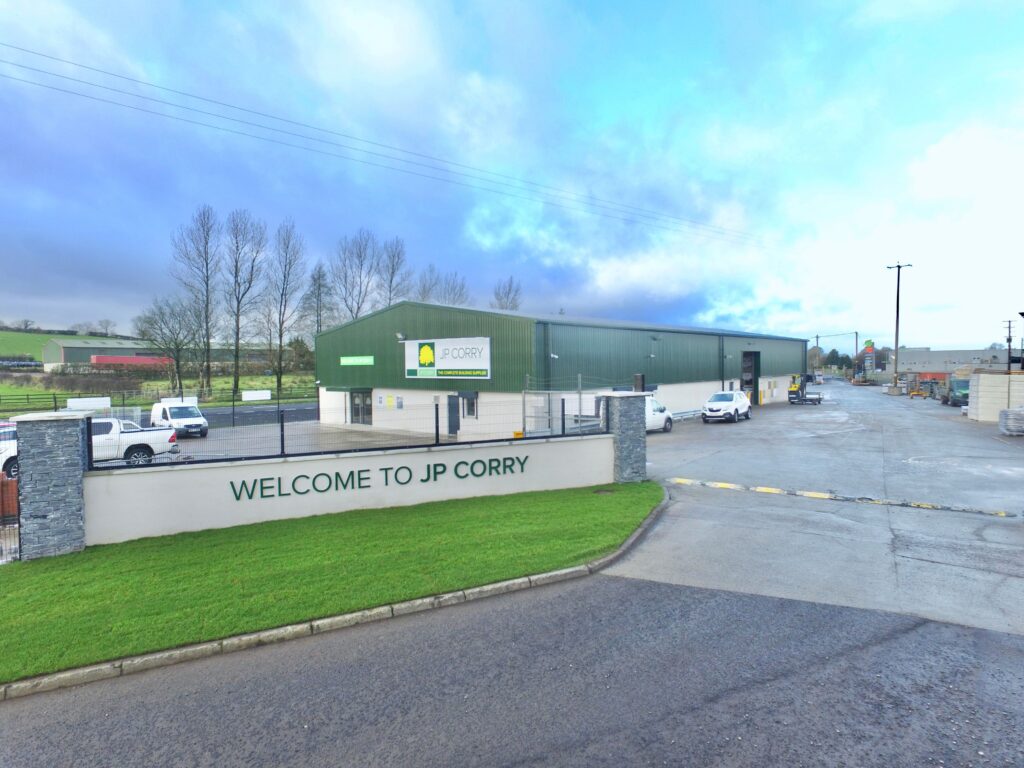Architects set out actions needed to decarbonise the built environment in NI
The architects of Northern Ireland have set out a series of necessary changes to Northern Ireland’s built environment to help reduce greenhouse gas emissions in line with targets set in the Climate Change Act (NI) 2022.
The Climate Action Paper launched on 2 February 2023 at Stormont by the Royal Society of Ulster Architects (RSUA) calls for Government to:
• Set minimum energy performance standards for private rentals.
• Review planning policies to establish a presumption towards the re-use of existing buildings as against demolition.
• Require all new publicly funded buildings to be built to last a minimum of 100 years unless a detailed end of life plan for material re-use is agreed.
• Use the planning system to heavily prioritise new developments that enable a high proportion of daily journeys to be taken without the need for a motor vehicle.
• Establish a plan to reduce car reliance in existing developments through the introduction of new walking, cycling and wheeling connections.
• Develop a plan to grow native Irish trees to provide local, natural, high-quality building materials for future generations.
• Set a date after which no new building will rely on carbon-intensive fuels as its primary heat source.

In total the paper contains 39 key actions, many more ideas for further consideration as well as actions that architects can take right now.
At the launch Ciarán Fox, Director of RSUA, said, “Most estimates suggest that the built environment accounts for approximately 40% of energy-related carbon emissions. We recognise the journey to net-zero for Northern Ireland will require a radical transformation of what we build, where we build and how we build. Government policies and the actions of Government Construction Clients will be pivotal in reaching this target.”
The launch event was addressed by Kate Nicholl MLA, Chair of the All Party Group on Climate Action and was co-sponsored by Phillip Brett MLA and Danny Baker MLA. Senior officials from across devolved and local government heard from members of the RSUA Climate Emergency Committee on specific issues relating to Existing Buildings, New Buildings, Travel, Green, Building Materials and Heat and Power.
Ciarán Fox continued, “Not only do we need to quickly reduce emissions from heating and powering our buildings we also need to reduce emissions arising from the construction process which includes material production delivery and assembly on site. Perhaps one of the greatest challenges is to address the legacy of developments that have locked-in dependency on car usage for everyday needs.”
“The Climate Change Act has challenged government departments to ensure that by 2030 Northern Ireland’s net emissions are 48% below 1990 levels. To achieve this we need to see substantial changes in 2023 and we believe the actions proposed in this paper would set Northern Ireland on the right trajectory.”
To view the full article here
Credit : RSUA






